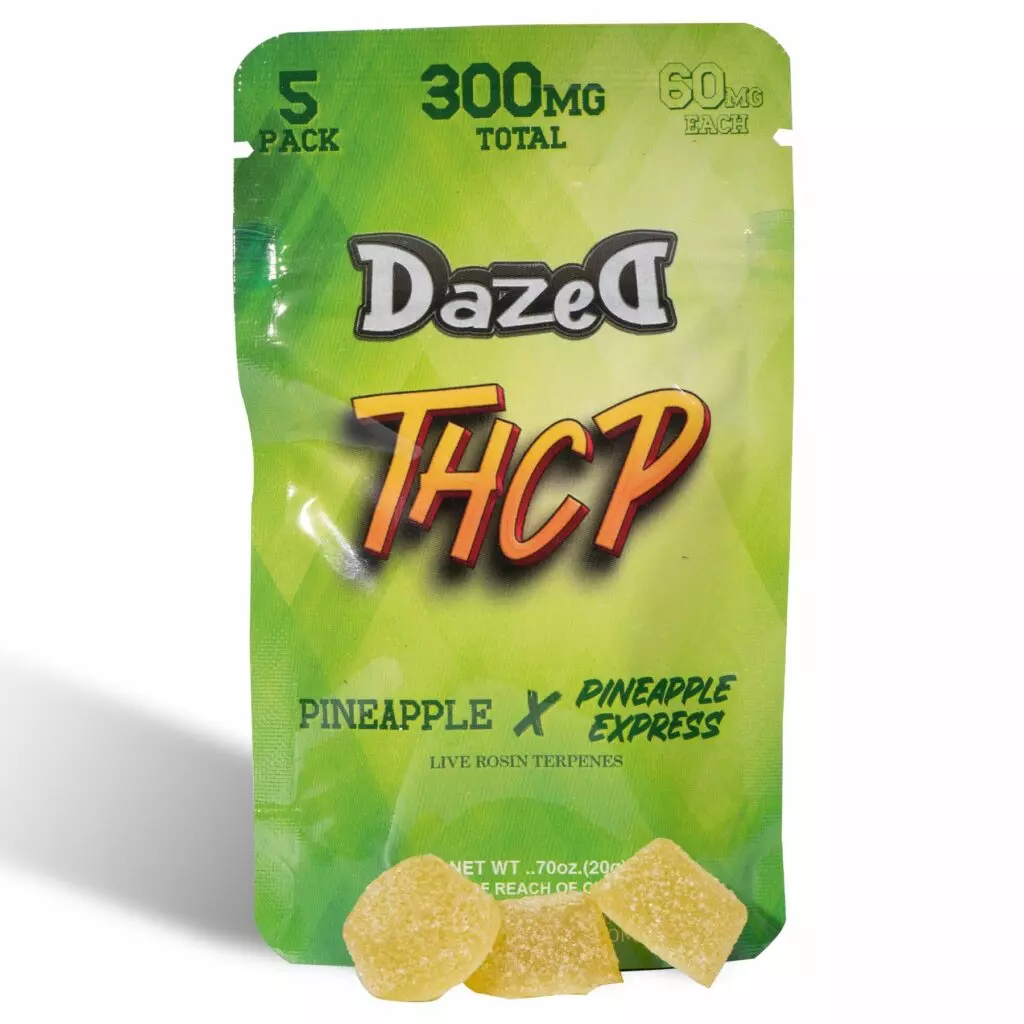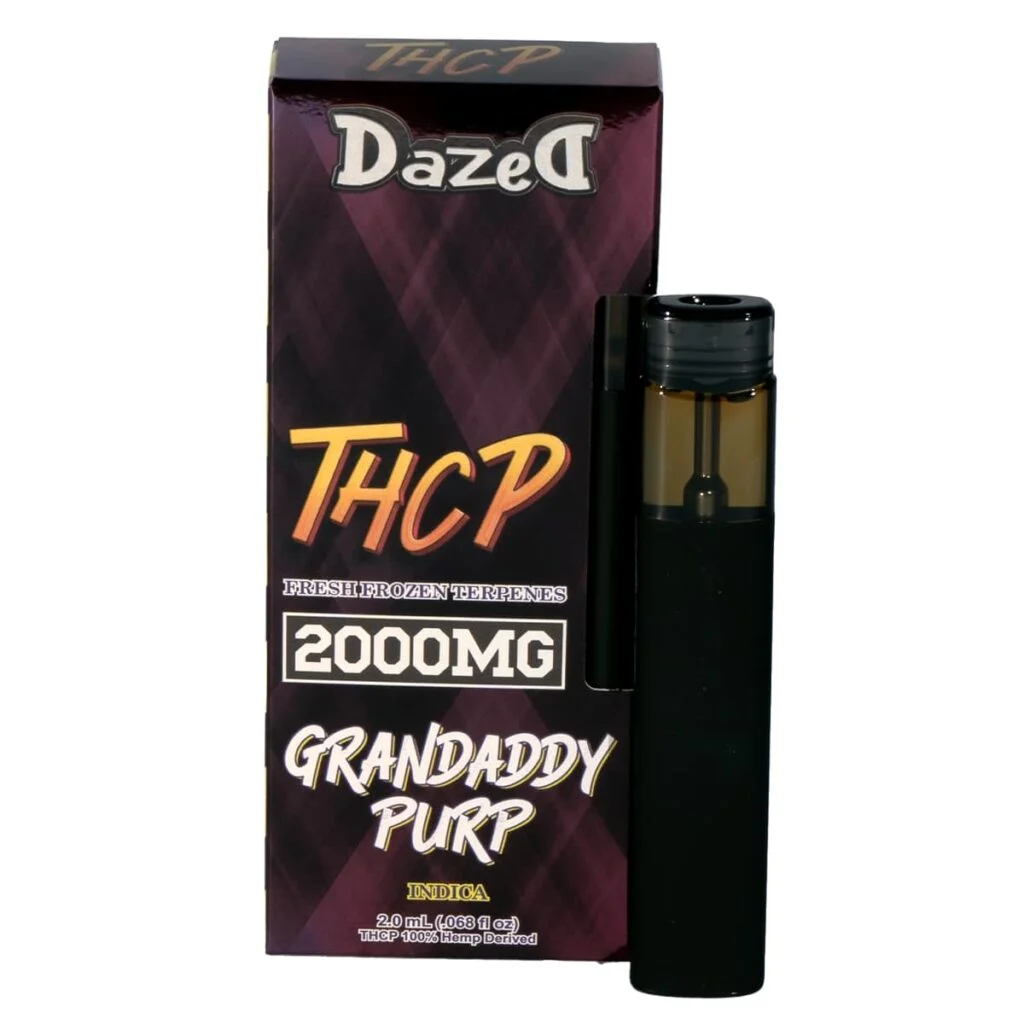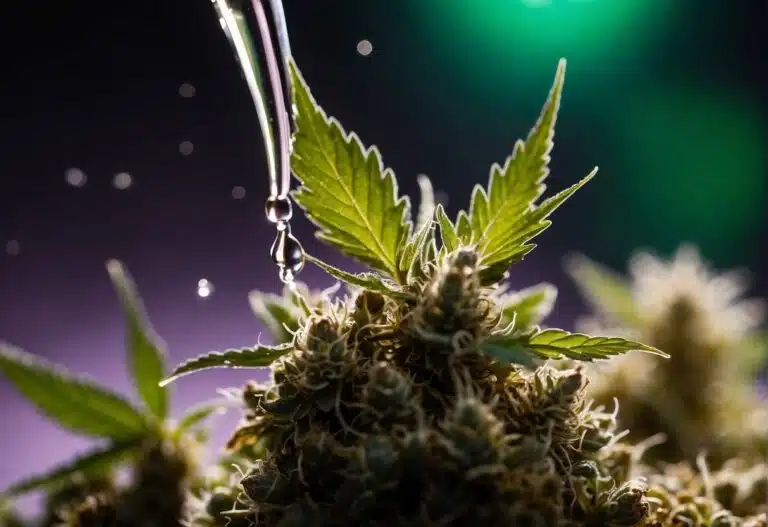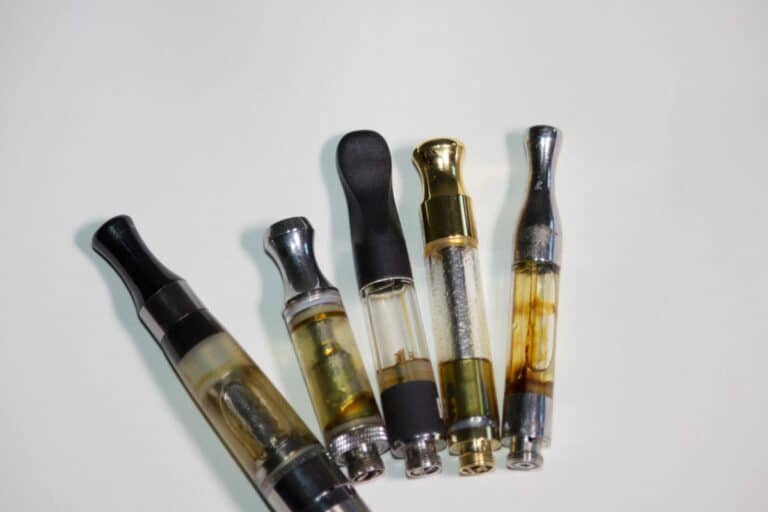Is THCP Legal in Pennsylvania? A Comprehensive Overview
With the introduction of THC-P into the cannabis market, the game has changed; you can now walk into a store and get a more potent legal cannabinoid sure to give you the therapeutic or relieving effects you want compared to the others, particularly THC.
However, because of how relatively new THC-P is in the market, the status of its legality under current laws is an issue that bothers the minds of users over and over again. No one wants to get in trouble with state laws because they got some cannabis so, in this article, we’ll look at the legality of THC-P under cannabis laws, particularly in the great state of Pennsylvania.
So, if you’re reading this from Pennsylvania, hey! Let’s get into the topic: Is THC-P legal?
What is THC-P?
THC-P, or tetrahydrocannabiphorol, is a most intoxicating cannabinoid naturally found in the cannabis plant that has drawn considerable attention due to its potent psychoactive effects.
THC-P’s Unique Chemical Structure
Unlike the more familiar Delta-9 THC and other hemp-derived cannabinoids, THC-P features a longer alkyl side chain that significantly increases its binding affinity to CB1 receptors in the brain.
This structural difference is believed to be what accounts for its heightened potency, with early research suggesting that even small doses of THC-P could produce effects that are several times stronger than those of traditional THC.
The science understanding the unique properties of this compound is still developing to shed new light on how it interacts with the human endocannabinoid system but alongside its potential as a more powerful psychoactive agent, THC-P’s discovery and study let us know other important considerations regarding its potential therapeutic benefits and legal status.
Recent Studies into THC-P’s Chemical Structure
Recent studies into the chemical structure of THC-P have revealed that it has a seven-carbon alkyl side chain that plays a pivotal role in its enhanced potency compared to THC.
Unlike THC’s five-carbon chain, the longer alkyl side chain in THC-P increases the molecule’s lipophilicity, which leads to stronger interactions with cannabinoid receptors, particularly the CB1 receptor in the central nervous system.
It is a structural modification that not only improves the binding affinity of THC-P but also potentially amplifies the downstream signaling effects, thereby contributing to a markedly more potent pharmacological profile. Basically, THC-P is way more potent than any other cannabinoid you can try out there.
THCP is more potent than THC, with up to 30 times the amount of effect THC has on its users. Also, a lot of people find it difficult to differentiate between Cannabidiol (CBD) and THC-P but the difference is simple – CBD is a non-psychoactive compound found in cannabis and as such, it is known for its therapeutic benefits without the high. On the other hand, THC-P, which can be sourced in thcp organic forms, has unique psychoactive effects that far surpass the effects of THC and definitely CBD.
Federal Law and THCP
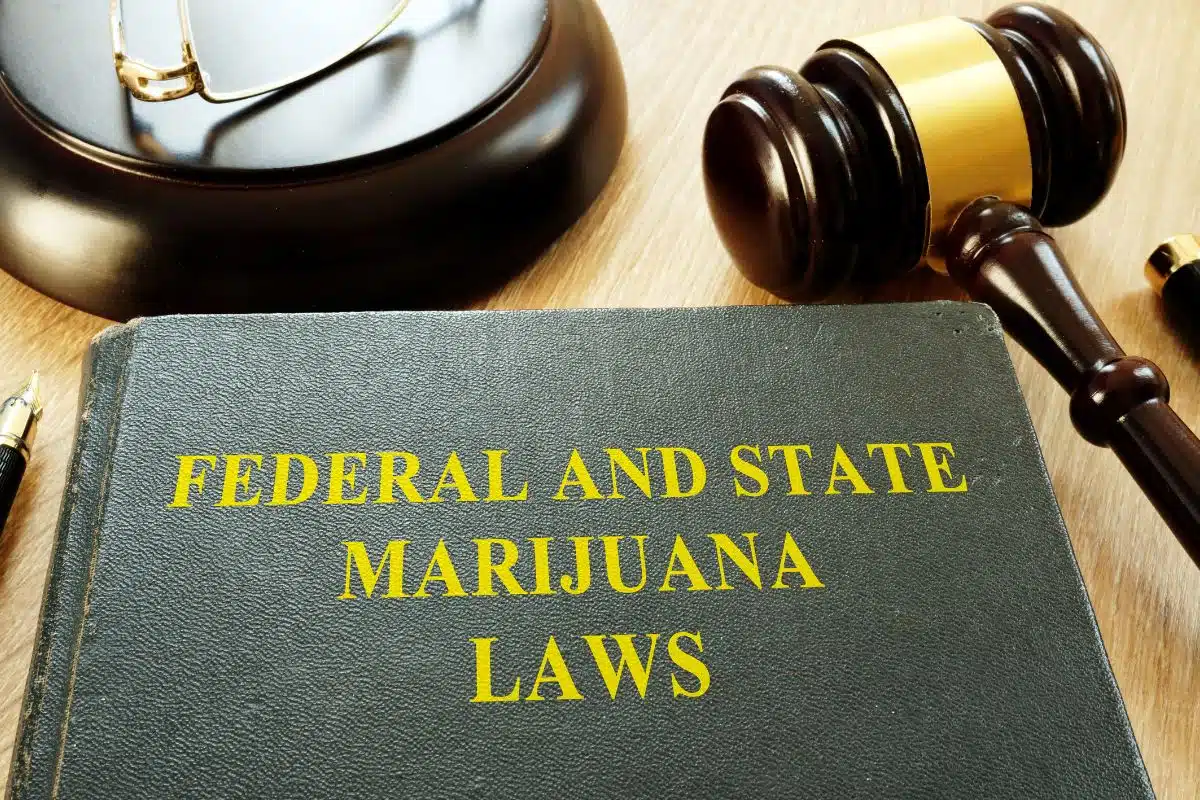
In answering the question: “Is THC-P legal?”, we have to note that because of the relative newness of THCP to the scientific literature, regulatory frameworks governing it are still evolving in many jurisdictions, which is why we need to be informed about the latest legal updates and safety guidelines related to THCP use. Now, let’s look at the legal status of THC-P under federal and state laws:
The 2018 Farm Bill
At this point, we’ll talk about the 2018 Farm Bill because it marked a pivotal shift in the U.S. agricultural and drug policy by legalizing hemp and its derivatives, including lesser-known hemp-derived cannabinoids such as THCP. The legislation clarified that hemp-derived compounds are federally legal as long as the final product contains less than 0.3% Delta-9 THC.
As a result, THC-P—a cannabinoid attracting interest for its potential pharmacological properties—falls under this legal framework, allowing for its production and distribution without falling under the strict regulations that govern marijuana. So THC-P is federally legal.
Generally, at the federal level, hemp products, including those containing THC-P, are regulated by the U.S. Department of Agriculture (USDA).
The USDA regulates these products to ensure that they meet specific criteria to maintain their legal status, particularly keeping their potency levels within the prescribed limit. As such, THC-P is not considered a controlled substance under federal law and is legal federally.
Pennsylvania’s Legal Landscape
Compared to our straight understanding that THC-P is federally legal under federal regulations, Pennsylvania’s legal framework for cannabis is a blend of caution and opportunity.
Approach to Medical and Recreational Marijuana Use
The state currently permits sales of medical marijuana through a well-regulated medical marijuana program that allows medical patients with qualifying conditions to access cannabis products safely.
However, recreational cannabis or marijuana remains illegal statewide, even if some cities have decriminalized possession of small amounts.
In the end, the overall approach of the state is one of strict regulation and enforcement. Possession, cultivation, and distribution of recreational cannabis outside of the medical program can lead to significant penalties, reflecting the state’s ongoing effort to keep public safety at the forefront
The rules also extend across a broad spectrum of cannabis products, with strict measures ensuring that only licensed individuals and entities benefit from legal access.
Medical marijuana patients, for example, must adhere to up-to-date information and guidelines regarding how much they can possess or grow, as any violations can lead to serious legal repercussions and are met with vigorous enforcement by local authorities.
Upholding the Farm Bill
Importantly, Pennsylvania also follows the federal guidelines established by the 2018 Farm Bill, which has paved the way for hemp cultivation and the production of its derivatives, including novel cannabinoids like THC-P and THC-P products.
So as long as these hemp-derived products contain no more than 0.3% delta-9 THC, they are considered legal in the state. This alignment means that while the recreational use of cannabis remains off-limits, innovative products such as THC-P enjoy a legal status that encourages market growth within strict regulatory boundaries.
Purchasing THCP Products in Pennsylvania
Because of companies introducing a variety of products through which different THCP user needs can be met, whether it’s relaxation, creative inspiration, or relief from everyday stress, many users are now looking to purchase thc p products, and THCP is currently gaining more popularity than ever, especially in Pennsylvania.
Different Product Forms
Premium THCP products are currently available in many forms such as THC-P vape cartridges that stand out for those who enjoy a quick and robust experience, disposable devices that are pre-charged and ready for use straight out of the package, edible THC-P products such as THCP gummies, chocolates, and beverages that provide a more sustained effect as the cannabinoid is slowly absorbed, and tinctures.
These products are available for purchase in Pennsylvania, following the state’s regulations and guidelines for cannabis and hemp derivatives.
Drug Tests and THC-P
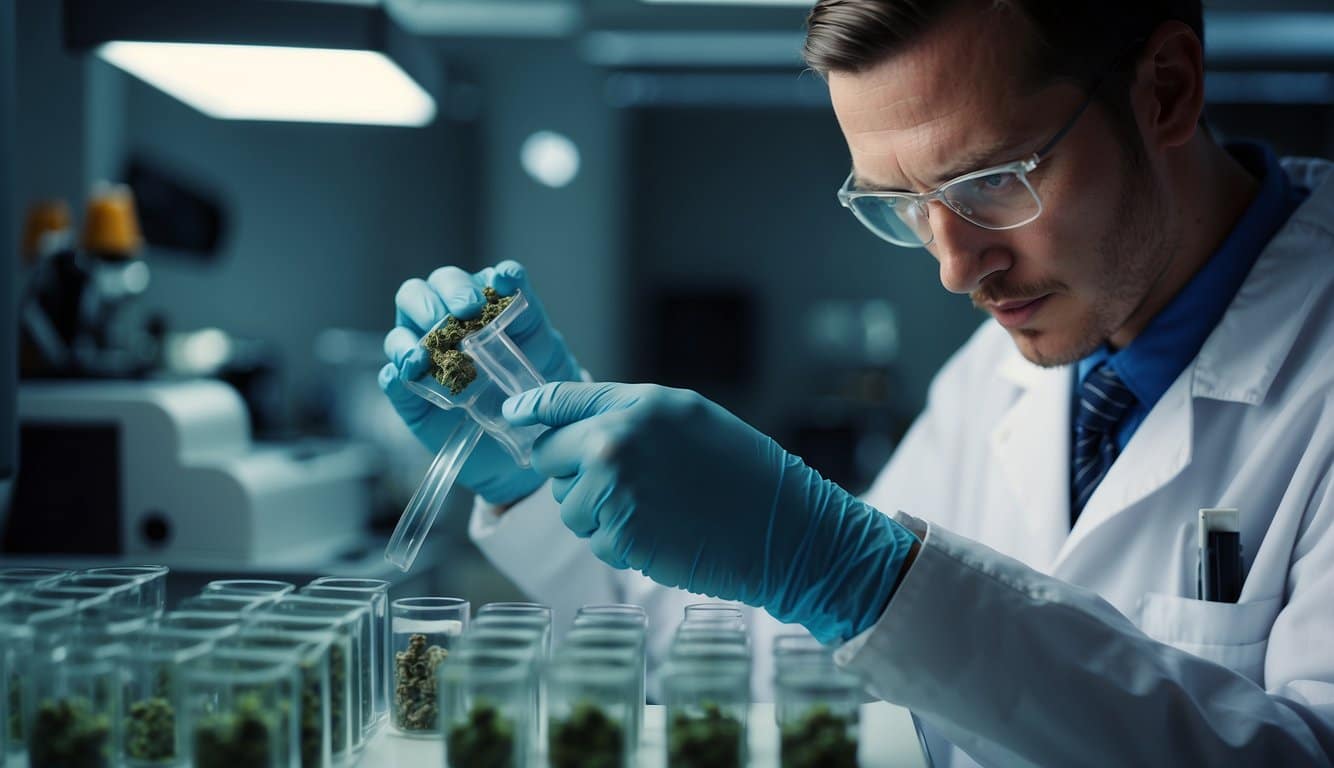
Consuming THC-P can result in a failed drug test anytime. The gist of it is that standard drug screenings are designed to detect THC metabolites, particularly THC-COOH, which are produced when the body metabolizes THC compounds, including THC-P. Therefore, even an occasional use of THCP can lead to detectable levels of these metabolites in your system, increasing the likelihood of a positive test result.
Detection Window
The detection window for THC-P also varies depending on several factors, such as the frequency of use, individual metabolism, and the type of drug test administered. For instance, urine tests can detect THC metabolites from a few days up to several weeks after use, while hair follicle tests may reveal THC use for up to 90 days. Given these variables, it’s advisable to exercise caution and consider abstaining from THC-P consumption if you anticipate an upcoming drug test.
States Where THCP is Permitted
THCP, a potent cannabinoid drawing attention from both consumers and businesses, generally enjoys a positive legal landscape across many parts of the country.
We’ve learned about the federal guidelines established by the 2018 Farm Bill under which hemp flower and hemp-derived products containing less than 0.3% Delta-9 THC are allowed. This broad framework has so far protected THC-P products on a national level. However, the interpretation and implementation of these federal rules can vary widely from one state to another.
In some states, lawmakers may have embraced the innovation behind hemp cannabinoids by allowing the sale and use of THC-P without imposing many restrictions because these states are enthusiastic about supporting new market opportunities and the potential benefits of alternative wellness products. On the flip side, a number of states choose to take a more cautious approach, choosing to ban or strictly limit intoxicating hemp cannabinoids like THCP due to concerns about public safety and potential misuse.
Nonetheless, state laws are frequently updated as regulators work to better understand and control emerging hemp-derived substances, which makes it essential for both consumers and businesses to verify the current legal status of THC-P in their home state.
States where THC-P is currently permitted include Alabama, Connecticut, Florida, Georgia, Illinois, Kentucky, Louisiana, Maine, Massachusetts, Michigan, Minnesota, Missouri, Nebraska, New Hampshire, New Jersey, North Carolina, Ohio, Pennsylvania, South Carolina, South Dakota, Tennessee, Texas, West Virginia, and Wisconsin.
Risks and Side Effects of THCP Use
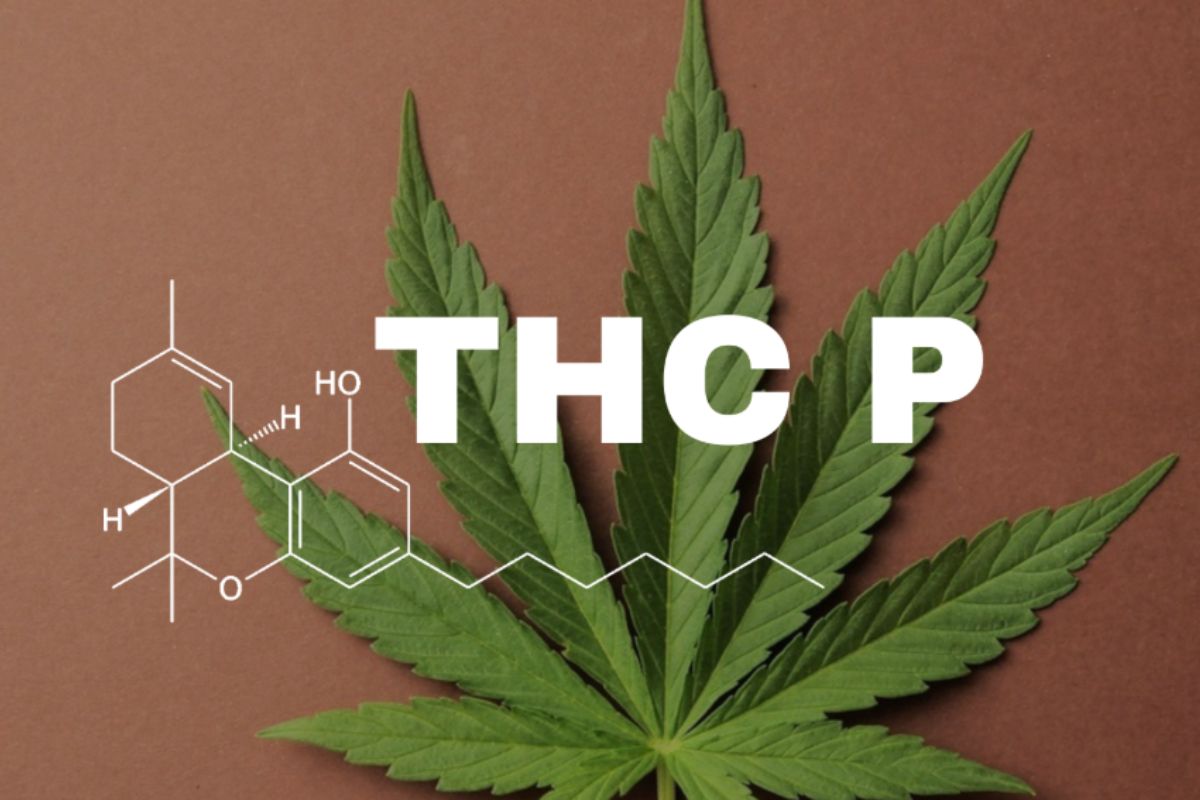
THCP, being a potent cannabinoid, does offer a unique experience due to its strong psychoactive effects, but like any powerful compound, it comes with its set of side effects in spite of its potential therapeutic benefits.
Common Side Effects
Users have reported that the most noticeable of these is the intense alteration of the mind, which can sometimes bring on feelings of heightened anxiety or even paranoia.
For some, this amplified mental effect can be both intriguing and overwhelming, particularly if they are new to cannabinoids with such a robust influence on mood and perception.
Another common set of side effects includes physical reactions that are typical of many cannabinoids. For instance, red or bloodshot eyes are frequently observed due to the dilation of blood vessels in the ocular region which is a harmless, but visually striking effect. Similarly, a dry mouth, often described as cottonmouth, is a regular occurrence that happens as the compound interferes with the salivary glands. Along with these, many users notice a faster heartbeat or a sense of dizziness; the increased heart rate can make one feel a bit jittery or unsteady, especially if they are sensitive to such changes.
Impaired Motor Skills
Beyond these, THCP may also affect coordination and overall energy levels. Some users experience impaired motor skills or pronounced drowsiness, which can make routine tasks seem more challenging, especially after higher doses.
These different risks and side effects are the reason why starting with a low dose is widely recommended so that one can safely gauge these effects—giving the body time to adjust and ensuring that any potential interaction with other medications or underlying conditions is minimized.
Quality and Safety Standards for THC-P Products
When it comes to THC-P products, quality and safety are fundamental. Interest in this cannabinoid is growing and consumers are increasingly mindful about using products they can trust. Many people now look for brands that prioritize transparency and care by consistently testing their products so if businesses can work toward meeting these standards, there’ll be more trust between manufacturers and users, and we can make sure that only the best products reach the market.
A key part of this process is third-party lab testing, which confirms the potency, purity, and absence of harmful contaminants in the product. Independent laboratories work with reputable brands to deliver Certificates of Analysis (COAs) that verify everything from a product’s cannabinoid profile to its compliance with health standards. So, if you’re buying THC-P products, look out for these unbiased third-party lab reports because they’ll offer you a clear snapshot of what is in each product, allowing you to make informed decisions without having to delve into complex technical details.
Meeting state and federal standards is another important aspect of maintaining THC-P product integrity. When products adhere to these regulations, they not only contribute to a safer market but also set an example for best practices across the industry.
Conclusion
Because of its high psychoactive potential and the ability to offer long-lasting mental and physical relief, THCP has caught the attention of many, we know that.
Now, while purchasing THCP products, make sure you remember that while THCP is legal in nearly all states under federal hemp regulations—provided it meets the required limits—it still comes with potential risks and side effects, and it may not be legal under your state’s local laws.
Fortunately, the state of Pennsylvania is unique because it follows federal law and has legalized the use of THC-P products. Nonetheless, always check the legal status of THCP in your local laws, local regulations, and be mindful of the potential effects before using any THC-P product from reputable sources , so you can safely and confidently explore what this extraordinary cannabinoid has to offer.




